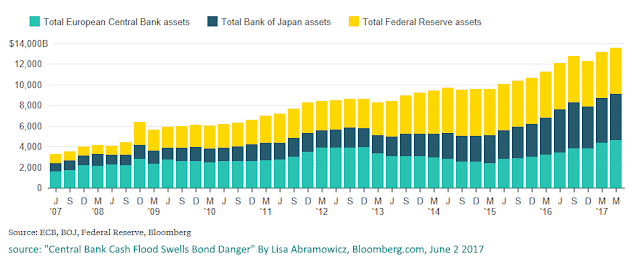A Look at Tripadvisor (TRIP) and its Two Problems

It's hard to find anything that seems cheap in the current bull market but as in any market, some stocks do sell off for various reasons. One of the ones that attracts me is Tripadvisor (TRIP*). As the chart below illustrates, the stock is trading near a 5-year low and is down about 70% from its 2014 peak (share count hasn't changed much and no major return of capital to shareholders). (* You can also own TripAdvisor indirectly through John Malone's holding company, Liberty TripAdvisor, with ticker symbols LTRPA/LTRPB. You should evaluate this option as well. Sometimes holding companies, especially if it is well run like most Malone companies have historically been, are better; sometimes they are not (there may be additional overhead/fees for the holding company, may have worse shareholder rights (doesn't favour minority shareholders) and market generally places a holding company discount on such shares and they may be illiquid)) I remember looking briefly at Tr...











